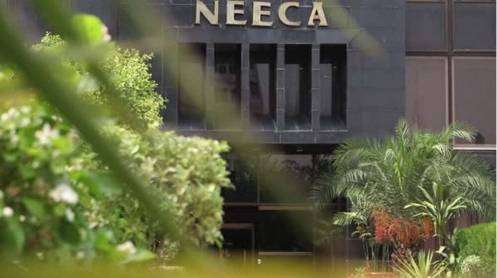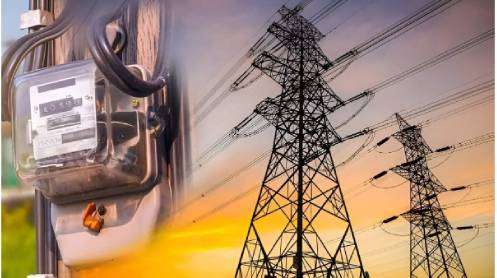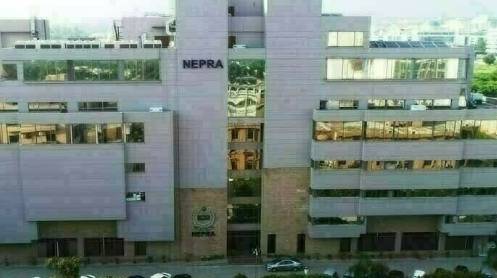Islamabad, October 11, 2025 — The National Energy Efficiency and Conservation Authority (NEECA) hosted the latest session of its Conservation Conversations series, titled “Smarter Buildings, Smarter Energy,” at the National Incubation Center, Islamabad. The event brought together policymakers, architects, engineers, urban planners, and private-sector experts to explore how Pakistan can enhance energy efficiency in buildings through advanced design, cooling, and heating practices.
The session followed a landmark decision by the Capital Development Authority (CDA) and NEECA to implement the Energy Conservation Building Code (ECBC 2023) in Islamabad—marking a significant milestone in embedding energy efficiency within Pakistan’s urban development framework.
In his opening remarks, Dr. Sardar Mohazzam, Managing Director of NEECA, emphasized that the ECBC provides a clear roadmap for managing electricity use intelligently. “Buildings contribute substantially to Pakistan’s overall power demand,” he said. “By improving their efficiency, we can reduce pressure on the grid, lower costs for citizens, and build a more sustainable energy future.”
The panel, moderated by Dr. Farrukh Bhatti, Co-Founder of NewVative, featured leading voices including Mr. Khalid Hafeez (CDA), Mr. Azeem Khoso (Ministry of Climate Change), Mr. M. Riaz Baig (FND Consultants), Ms. Naureen Ghaffar (Extreme Engineering Systems), Mr. Fawad Suhail (Suhail & Fawad Architects), and Dr. Fiaz Ahmad Chaudhry (LUMS Energy Institute).
Dr. Chaudhry stressed that managing Pakistan’s peak electricity demand is a national imperative, adding that energy-efficient building design—guided by ECBC—must become a key implementation priority.
Panelists agreed that ECBC comprehensively covers vital aspects of energy efficiency, including the building envelope, lighting, ventilation, and HVAC systems. They urged effective enforcement through CDA’s leadership, capacity building, inspector training, and standardized operational procedures. To encourage wider adoption, participants recommended introducing financial incentives such as tax reliefs and performance-based rewards to offset potential cost concerns among developers.
The event gathered over 80 participants from government institutions, academia, and the private sector, including representatives from the Ministry of Climate Change, PIDE, PHA, LUMS, NUST, PPIB, PHVACR Society, UNOPS, and the Energy Conservation Fund, alongside architects, consultants, and students from UET Taxila.
Concluding the dialogue, NEECA reaffirmed its commitment to assisting CDA and provincial authorities through technical support, training, and policy harmonization for the successful implementation of ECBC. The Authority also highlighted plans to make these technical codes more accessible to builders, developers, and citizens—empowering them to adopt energy-efficient design as a cornerstone of Pakistan’s sustainable urban future.







